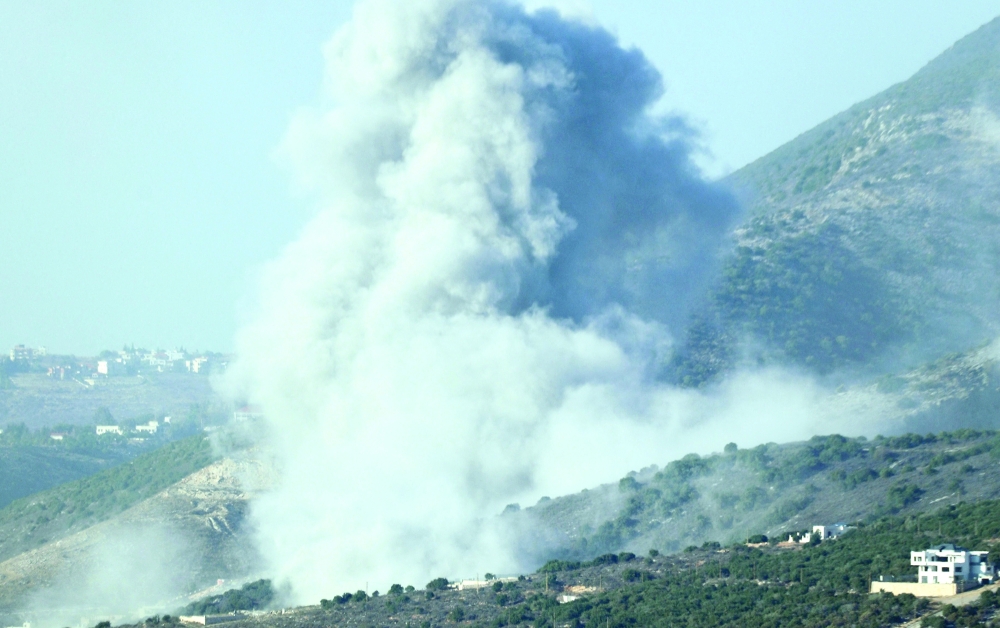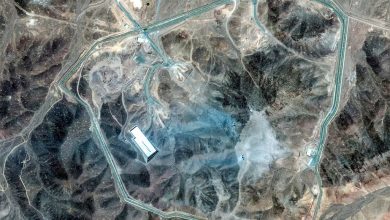Israel launches new strikes in south Lebanon

The Israeli military said it had carried out another series of strikes against Hezbollah in southern Lebanon on Thursday, exactly a year into the ceasefire with the group.
Lebanon’s state-run National News Agency said Israeli aircraft launched “a series of raids on Al Mahmoudiya and Al Jarmak in the Jezzine area”.
The Israeli military “struck and dismantled Hezbollah infrastructure in several areas in southern Lebanon”, it said in a statement.
The November 27, 2024 ceasefire sought to end over a year of hostilities between the two sides. Israel has repeatedly bombed Lebanon despite the truce, usually saying it is targeting Hezbollah members.
According to the ceasefire agreement, Hezbollah was to pull its forces north of the Litani River, some 30 km north of the border with Israel, and have its military infrastructure there dismantled.
Under a government-approved plan, the Lebanese army is to dismantle Hezbollah military infrastructure south of the river by the end of the year, before tackling the rest of the country.
The United States is increasing its pressure on the Lebanese government to disarm Hezbollah.
The Lebanese military has said it is carrying out its plan to disarm the group, but the US and Israel have accused Lebanese authorities of stalling the process.
An Israeli strike on Beirut’s southern suburbs last Sunday killed Haitham Ali Tabatabai – the most senior Hezbollah commander to be killed by Israel since the ceasefire entered into force.
Meanwhile, the Palestinian group Hamas called on mediating countries to pressure Israel to allow safe passage for dozens of its fighters holed up in tunnels in the southern Gaza Strip.
The request came after the Israeli military said it killed over 20 Hamas members over the past week and apprehended eight more.
“We hold (Israel) fully responsible for the lives of our fighters and call upon our mediators to take immediate action to pressure (Israel) to allow our sons to return home,” Hamas said in a statement.
Under the terms of a US-brokered ceasefire that entered into force on October 10, the Israeli army withdrew from coastal parts of the Palestinian territory to a so-called “yellow line” which marks the area under Israeli control.
Earlier this month, US Special Envoy Steve Witkoff alluded during a business conference in Miami to the “200 fighters who are trapped in Rafah” and said that their surrender, including turning over their weapons, could be a “test” for both parties in the ceasefire, Israel and Hamas.
In its statement, Hamas accused Israel of violating the ceasefire agreement through the “pursuit, liquidation and arrest of resistance fighters besieged in the tunnels of Rafah”. – Agencies


